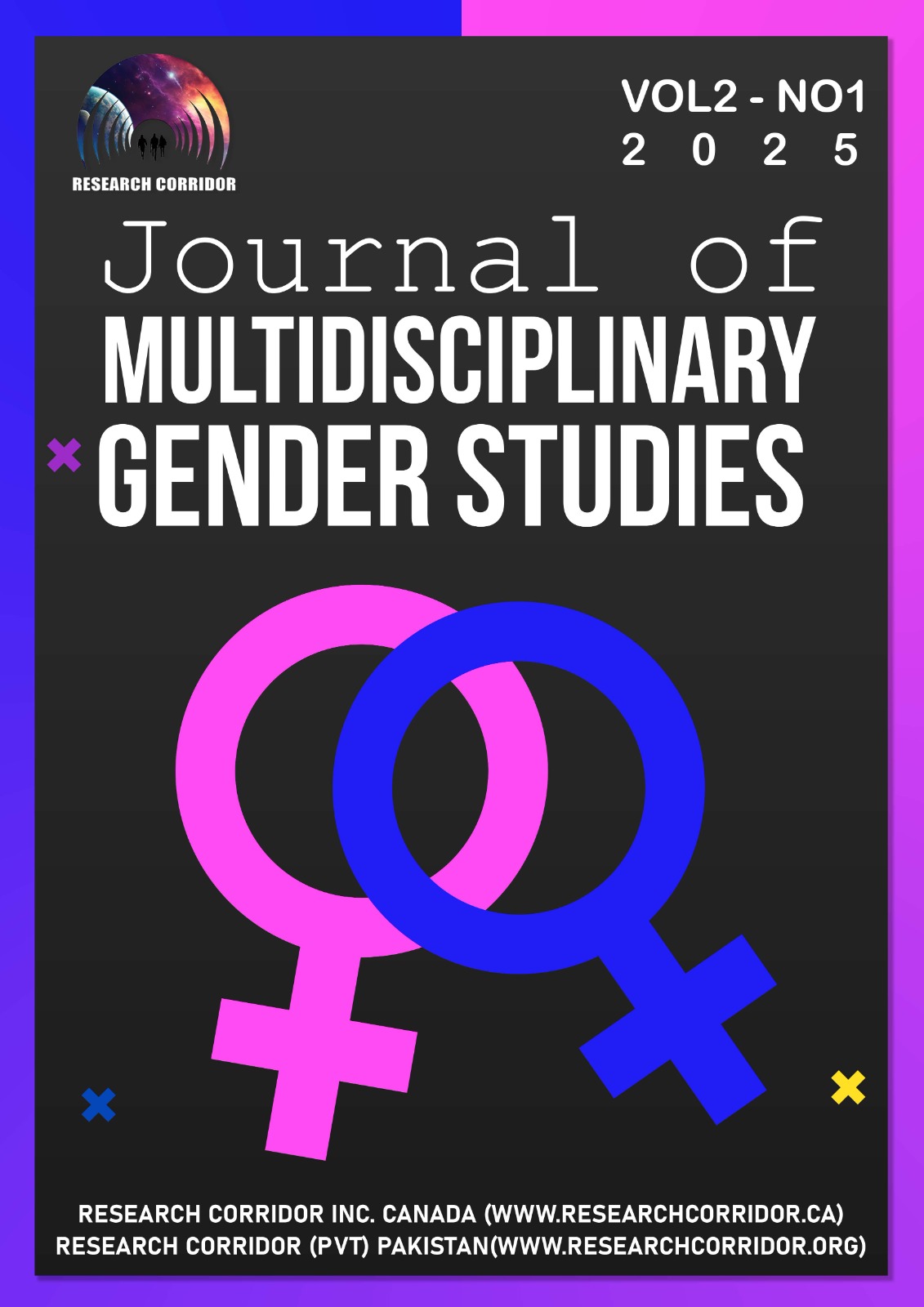The Gendered Impact of Climate Change: A Multidisciplinary Approach to Environmental Justice
Keywords:
Climate change, gender inequality, environmental justice, women’s vulnerability, climate adaptation, sustainable development, policy interventions, multidisciplinary approach, climate resilience, gender-sensitive policies.Abstract
Climate change is a global crisis with profound social, economic, and environmental implications. However, its impacts are not gender-neutral, as women, particularly in developing regions, bear a disproportionate burden. This paper explores the gendered dimensions of climate change through a multidisciplinary lens, integrating insights from environmental science, sociology, economics, and gender studies to examine how climate change exacerbates existing gender inequalities. Women in vulnerable communities face heightened risks due to socio-economic disparities, limited access to resources, and cultural constraints that restrict their adaptive capacity. The disproportionate burden on women is evident in food insecurity, water scarcity, health challenges, and displacement, all of which undermine their livelihoods and well-being. At the same time, women play a crucial role in climate adaptation and mitigation strategies, contributing to sustainable resource management and community resilience. Recognizing and addressing gendered vulnerabilities in climate policies and interventions is essential for achieving environmental justice and sustainable development. This study argues for gender-sensitive climate policies that empower women as agents of change, ensuring equitable participation in decision-making processes. By synthesizing evidence from various disciplines, this research highlights the urgent need for intersectional approaches that address both environmental and gender justice. Through a comprehensive review of literature and case studies, this paper underscores the necessity of integrating gender perspectives into climate action, emphasizing the role of education, policy reforms, and community-based initiatives. The findings suggest that bridging gender disparities in climate resilience efforts is critical to fostering sustainable and just solutions for all communities affected by climate change.





